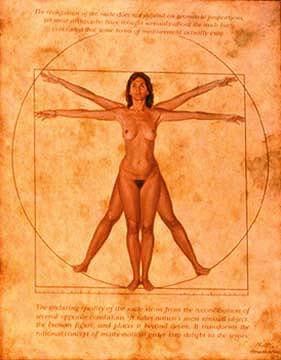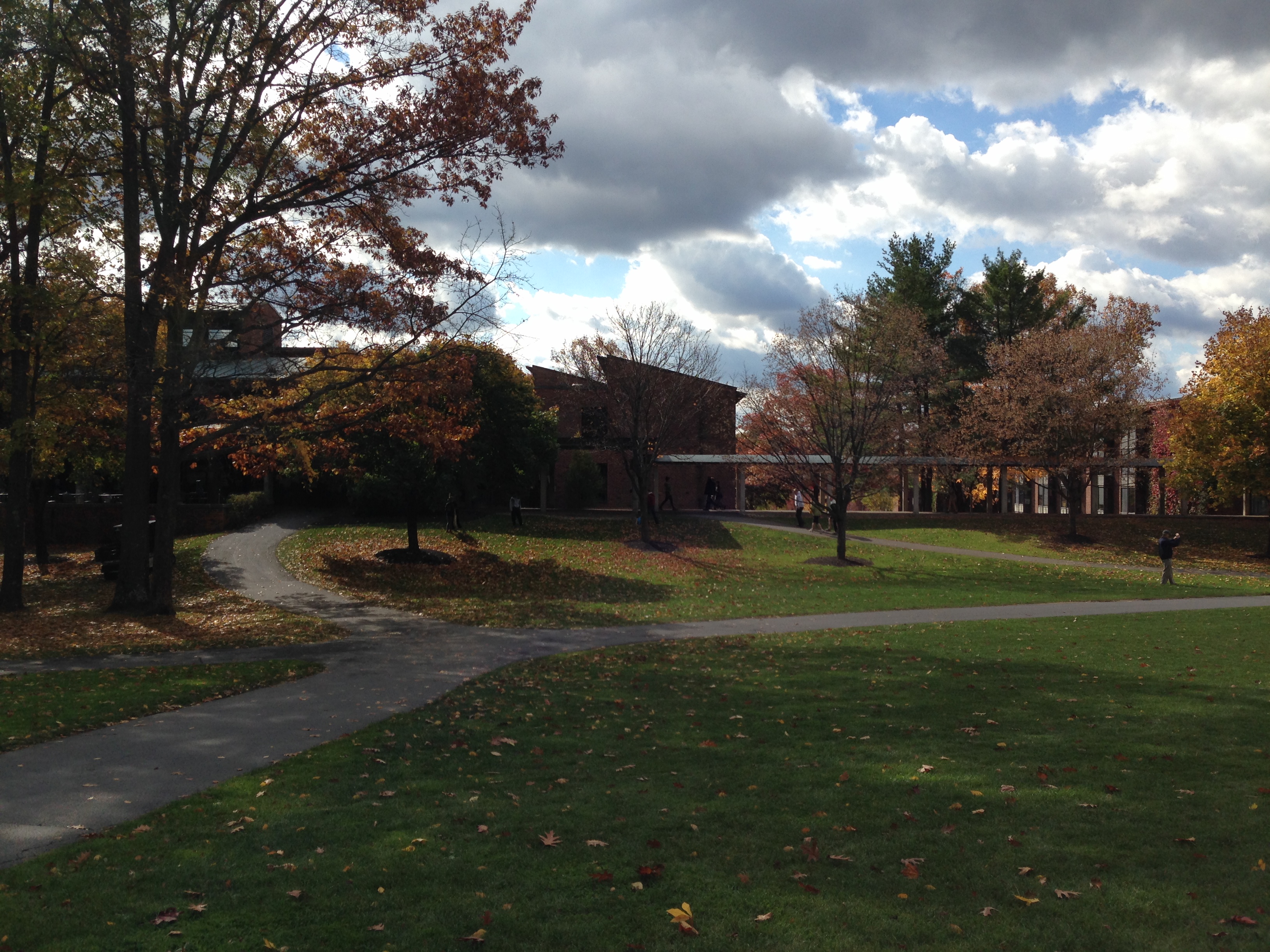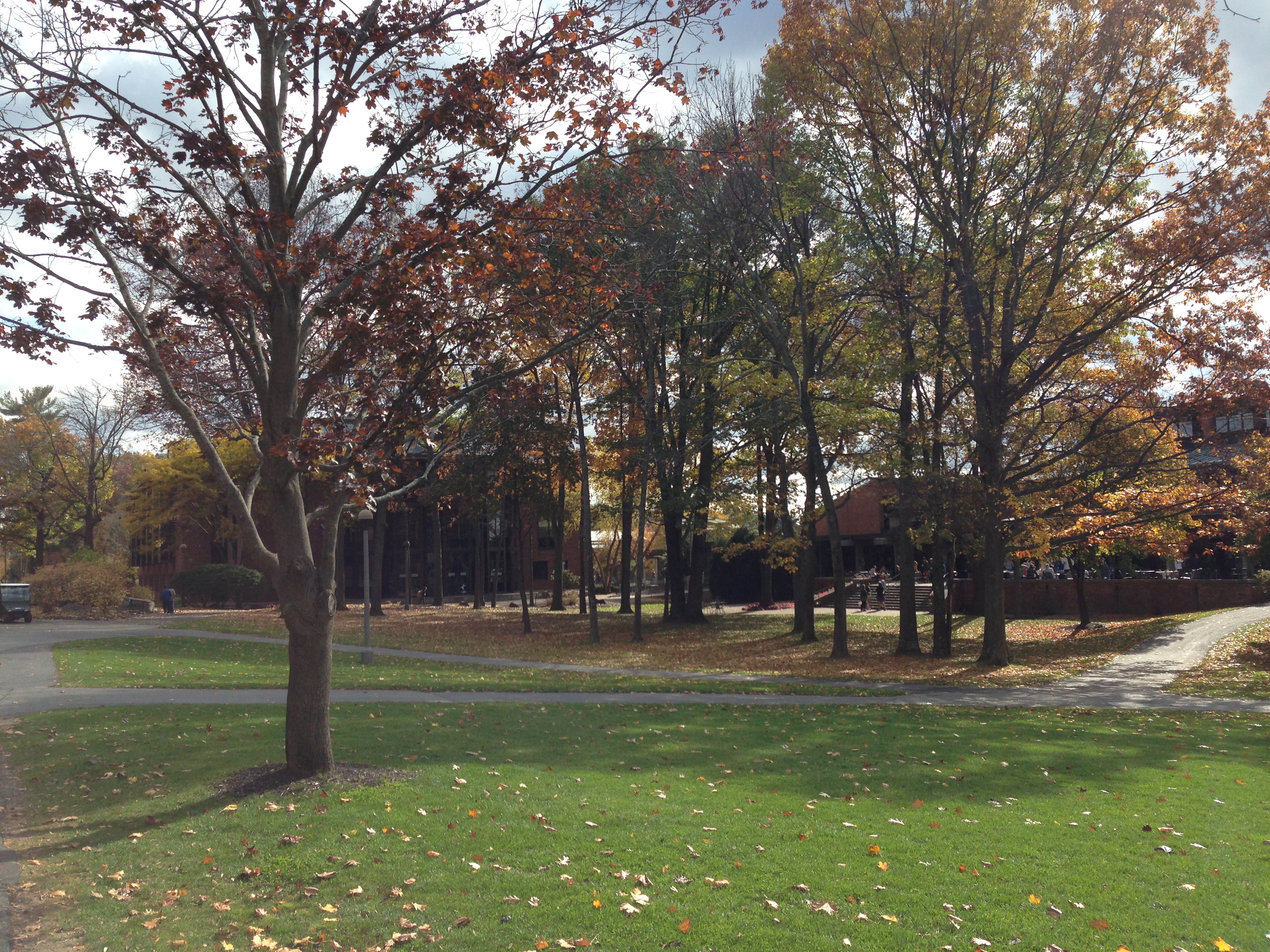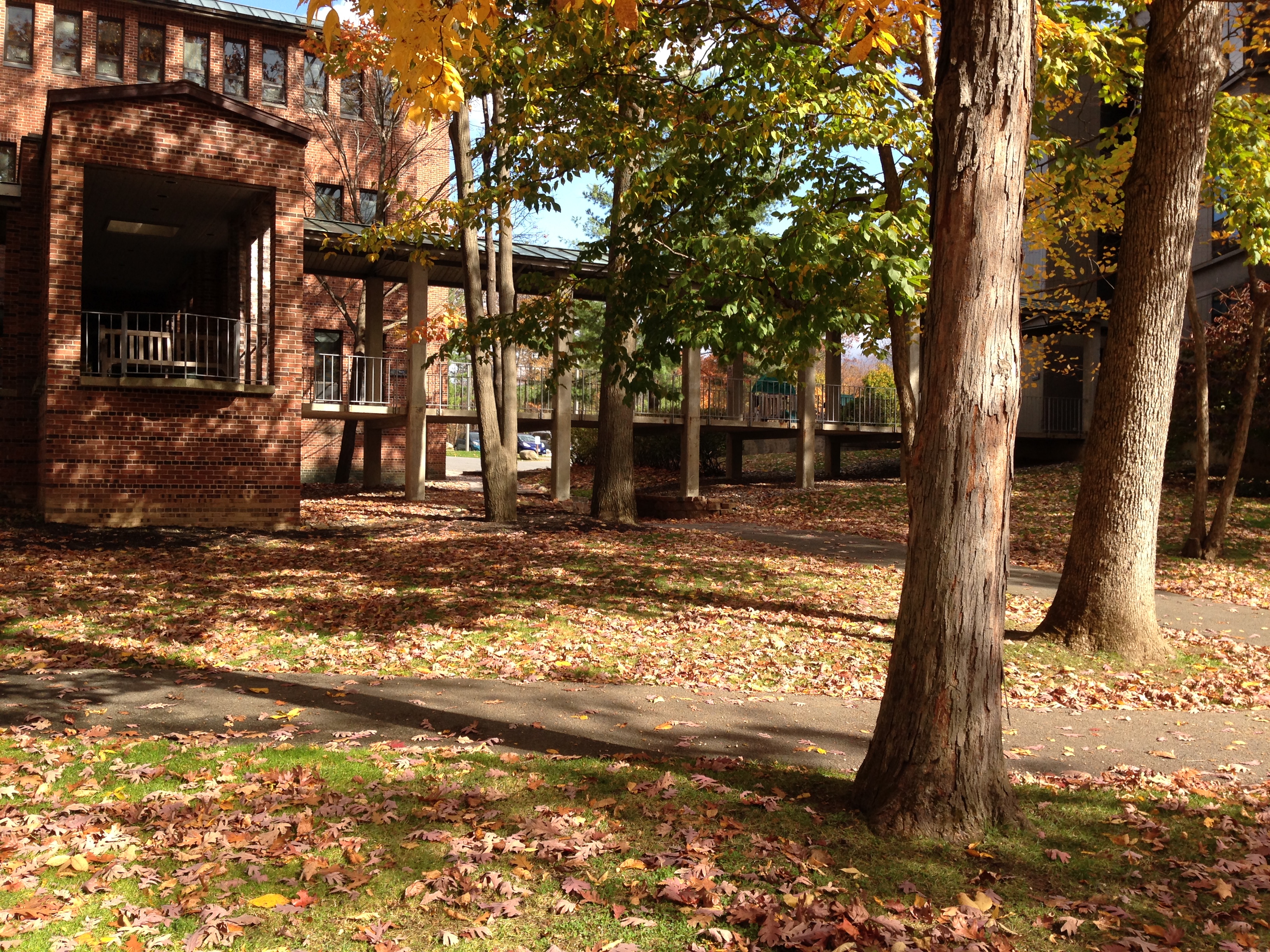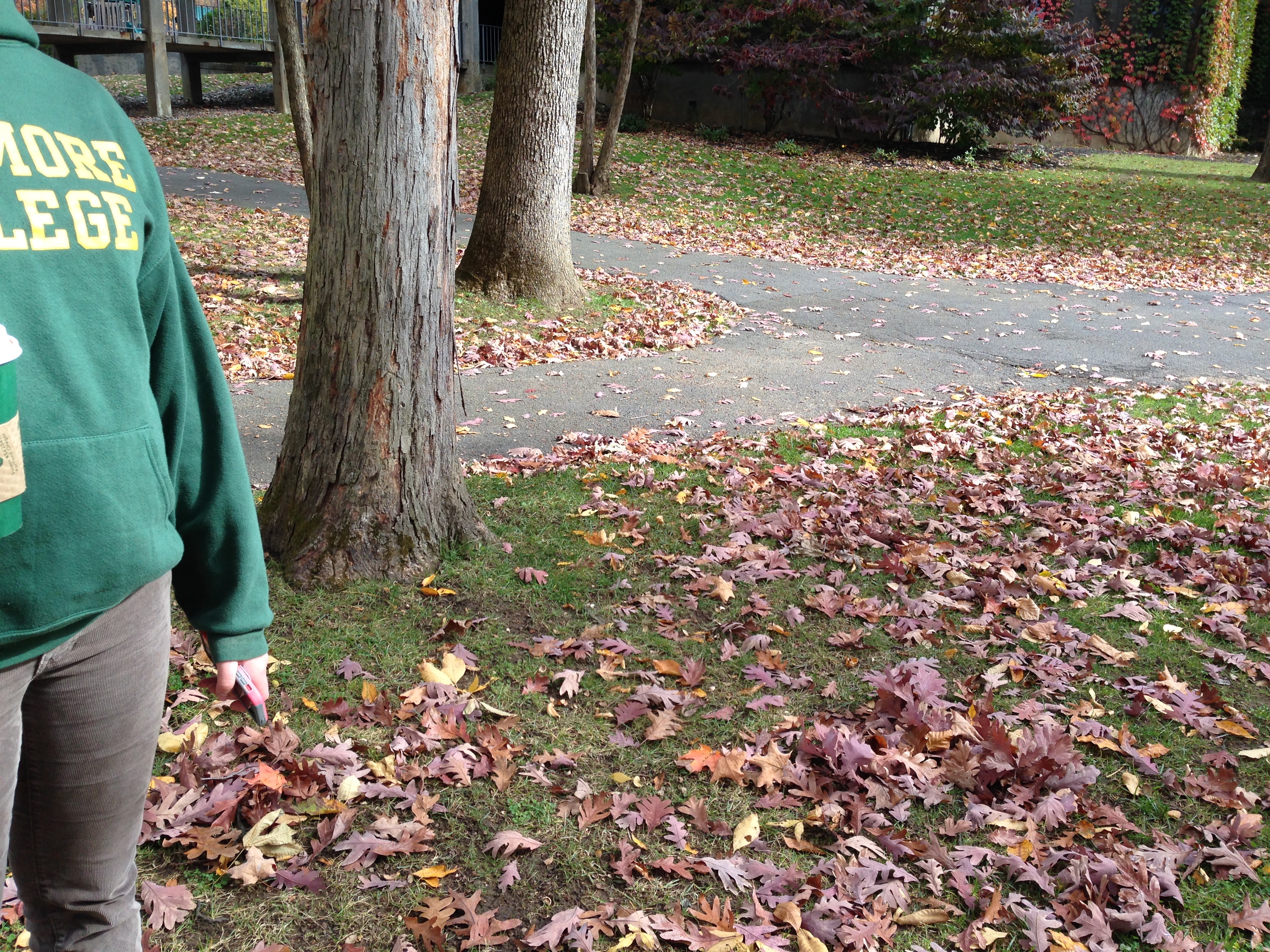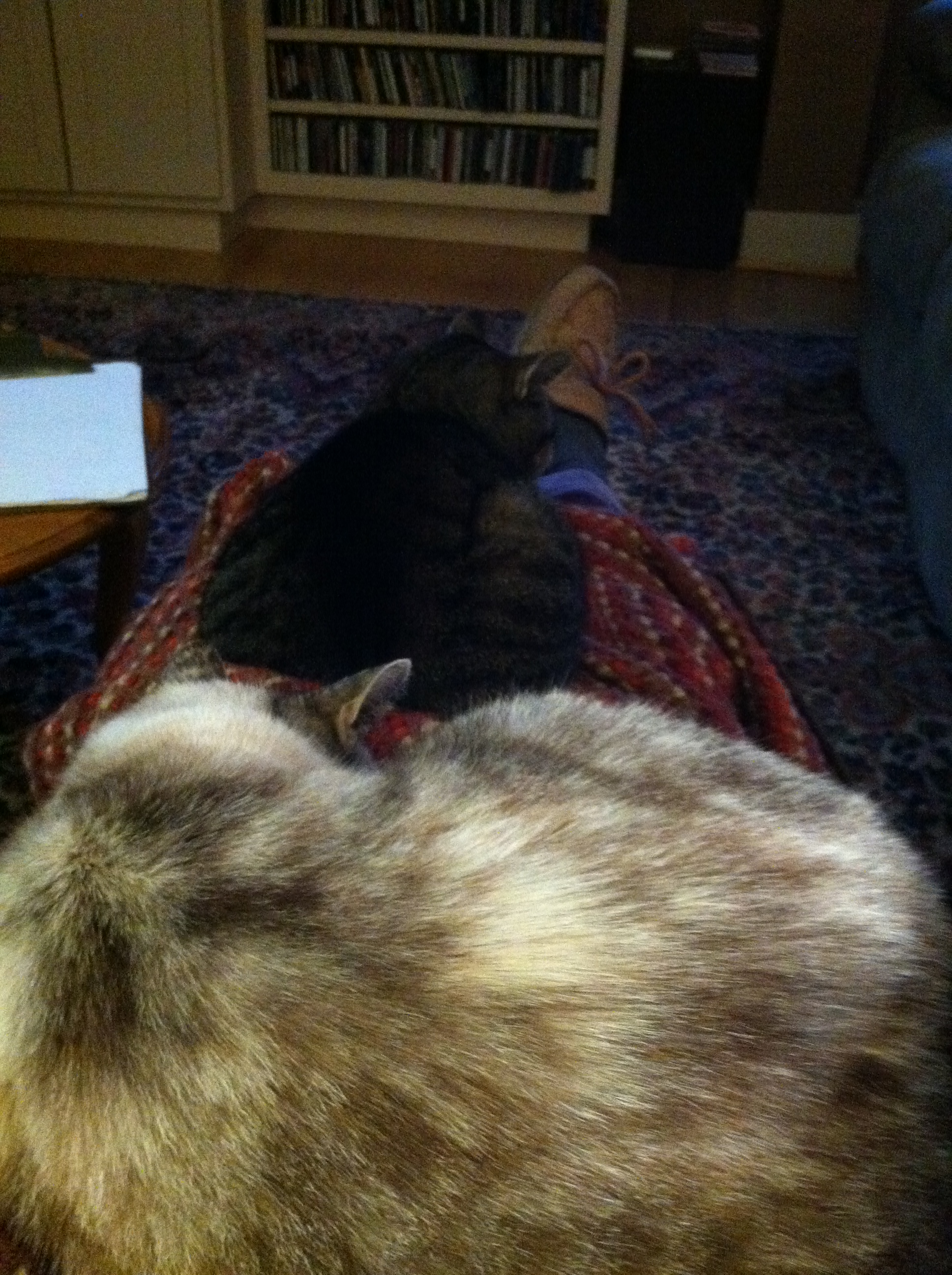Nabokov titled his memoir Speak, Memory and Proust’s Remembrance of Things Past is an autobiographical “novel” in which seven volumes worth of memory flow effortlessly from a single bite of a fancy cookie. I never read it and must admit it is not on my list of “must reads.” My own relationship to memory must surely influence that fact. I do not have enough memory with which to speak. I do not have enough remembrance of things past to fill one volume, let alone seven. I’m jealous, I guess, or maybe just irked by all that ready memory that abides in the minds of so many people. I don’t ask, “Why can’t I remember?” I think I may have figured that out. But I constantly, obsessively ask, “Can I bring memory back?”
I am of sound mind, have a perfectly functional brain and no early signs of any kind of memory disorder. This memory issue is not recent, nor did it have a sudden, dramatic onset. But it is pervasive. There is not a period in my life that has been spared a sloppy wipe-down by the bar rag of my subconscious.
The metaphor is suitable. You know when the bartender runs the wet rag across the bar between drinks or customers? She often misses the corners. Or one narrow strip that does not shine wet when the rag’s been put away. That narrow dry strip, or those corners with a few crumbs left in them –that’s the stuff I remember. The rest has had a wipe down.
People have tried to reassure me about this circumstance, saying, “Memory is inaccurate anyway. What people think they remember is rarely even close to the truth.” But that’s science talking. The fact is, people who can remember what Christmas morning was like or how it felt to be infatuated with the guitarist in the house band or the trip to Lake George with two other couples in 1988—they don’t get what it’s like NOT to.
A few minutes ago I browsed the internet for some quotable brilliance on the subject of memory. I have a few things to say in response to some of these gems.
Montaigne: “Nothing fixes a thing so intensely in the memory as the wish to forget it.”
Clearly not true. Though I know a few people who have spectacular memories of all things awful, I am pretty sure I am not alone as one whose mind erases trauma. The mind wishes for the pain to stop. The pain of terror, abandonment, shame, or violence. The solution is simple: allow the memory of that bad thing to just fade to nothingness, or maybe some slight pencil outline of a general idea so that you don’t seem completely insane when someone refers to the awful thing and you have no shred left. This is where the crumbs in the corner come in handy. They are enough to hang onto and recite when needed so your friends and family don’t start looking for lobotomy scars under your eyebrows.
There was plenty in my childhood that, for whatever reason, my brain wanted to forget. The problem is, it got to be a habit. In short order, my brain forgot how to lay down memory efficiently, even if it wanted to.
Proust wrote: “There is no man, however wise, who has not at some period of his youth said things, or lived in a way the consciousness of which is so unpleasant to him in later life that he would gladly, if he could, expunge it from his memory.”
Somewhat related to the Montaigne quotation, this one comments knowingly on the human desire to forget. But if it is true for Proust, and for others, it is not for me. I would gladly remember all the worst things I’ve done and said if I could also remember the certain years, or collections of years, or key months in my life that I cannot grasp no matter how hard I try. The awful truth about myself would be a small price to pay.
Tennessee Williams: “Life is all memory, except for the one present moment that goes by you so quickly you hardly catch it going.”
Well, life is evidently not all memory for me. And I have my own theory about the moment– the valued now. I believe that I, and perhaps many others out there, forgot how to be in the moment. Williams is right, that moment does go quickly. All the more reason to see it for what it is, smell it and taste it for what it is and hope that your brain’s memory neurons are tuned up enough to file that moment away for a rainy day. (As Samuel Johnson said, “The true art of memory is the art of attention.”)
But I’m not sure that always works. My son has always been one to revel joyfully in the moment. Doing so has given him a rich experience of his moments, and I think I can say in truth that he loves his life. But though he does easily what comes hard to me—be present in the moment – he, like me, has a very imprecise memory. He is only 23 and I hope he will learn to retain the moments he finds so precious. I hope I can too. (It’s not too late for me!)
Elbert Hubbard is last on my list, and this one really pisses me off. I had to look up who this man was, and when I speed-scanned a Wikipedia article about him, he sounded pretty interesting, but here is what he said: “A retentive memory may be a good thing, but the ability to forget is the true token of greatness.”
Now at this point, if you are reading this whole blog, you know I do not agree with that. Nor do I believe its opposite. It’s not as if I think a good memory equals greatness, but why on earth would forgetfulness be great? Perhaps the context, clearly missing, would clarify. If he spoke of forgetting others’ crimes and insults against you then yes, that is a great thing. It is one of the few things about having a poor memory that I do not object to. I do not hold on to the crappy details that can so preoccupy some people. Not only do I not remember what you and I fought about, I probably don’t even remember that we had a fight. It is not important enough for my mind to remember, I suppose. I’d rather remember how much I love you.
I disagree with you, Elbert Hubbard. The ability to forget is an ability. If I could wield forgetting as an ability, I’d be okay with that. Then I could choose when to pick it up and use it. Alas, instead, forgetting wields me, or rather, it wields the sloppy bar rag all over my memory….
I don’t want it to sound as if I am a walking blank slate and I can’t remember who you are when you come out of the lady’s room when we were just having drinks together a few minutes before. I am not an amnesiac and I don’t have brain damage (as far as I know). I remember plenty. I function, after all, and I tend to recall the after-effects of the wonderful things that happen to me and that others do. I don’t forget that I am grateful or who I love, and why.
But…
I can’t remember any of my teachers in kindergarten, first grade, third grade, fifth grade, and very few from sixth through twelfth. I only have a smattering of memory of grad school and the name of only one professor there.
I do not remember Thanksgivings or Christmases. I have a vague visual memory of one Christmas at my dad’s when I was about 12, and a few flickers from the time I got my cat, Venus. I was six.
As a girl, I loved to babysit. I know I loved dearly a family I lived with one summer and had full charge of the three children while the dad worked and the mom played tennis. I do not remember a single thing about that summer or the house, except that I got contacts at some point along the way. I was 16.
For years I forgot the whole day during which my mother dragged me to DC to renew her passport so she could fly overseas to marry the leader of a country in Southeast Asia who had proposed to her through mental telepathy. That is one memory that came back – I think due to the profound brilliance of a shrink I was seeing for awhile. But that’s getting off track.
I lived with a man for 3 months when I was 21. I was obsessed with him, risked much for him, and adored him. Then he hurt me. I cannot remember a single thing about the 3 months nor the heartbreak and its aftermath.
There is so much more. And how can I know what I forget if I forget it?
My honeymoon is very vague, I can’t remember much detail about Little League games, days skiing with my kids, or family gatherings in Ohio. There is a general aura of memory that lays over my life, and I can picture my children’s faces at every step and stage, and I can feel the memory in my bones of how much I loved my family and the years when we were all under one roof together. But my husband would say, “Remember that travel game in Kinderhook when….” The memory flows out with glorious specificity. I shake my head. My sister would say, “Remember that Christmas when you came and we all went to the….” She can do that for any year from 1968 to the present. I am envious and in awe. Classmates will say, “Remember in 6th grade geography class with Mrs. Southwell how we would always….” NO! Why can’t I? I want to remember.
Rita Mae Brown attested that “one of the keys to happiness is a bad memory.” I do not agree. Nor do I think having a poor memory has made me unhappy. It hasn’t. But still.
I have a recurring fantasy of hiring a hypnotist and just going for it. Knowing there is no guarantee that a single recalled memory will even be accurate or close to it. And in spite of warnings that I might “retraumatize” myself if something comes up that is not so hot. But it is a favorite fantasy. Lying there in a comfy chair in the hypnotist’s office, returning in my mind to my very own life and calling it forth into memory.



